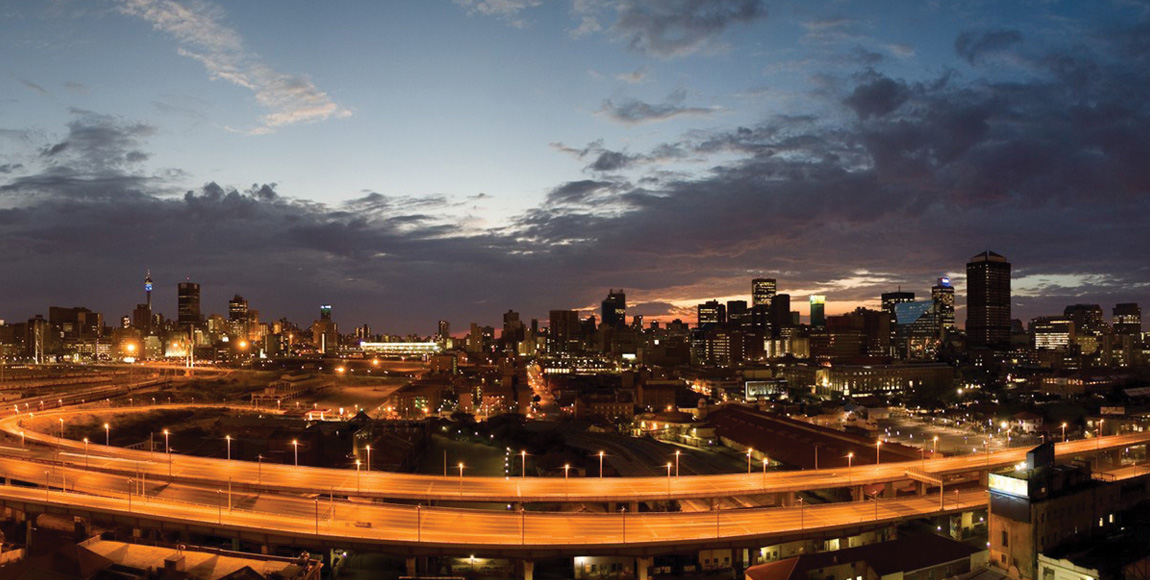Transport Month: an opportunity missed?

Governments are often accused of living in Cloud Cuckoo Land – simply watch CNN to get a perspective regarding the shortcomings of the Trump Administration, or the BBC or Sky News to find out whether or not Boris Johnson’s Brexit plans can be trusted – but it strikes me that South Africa’s rulers have totally missed the boat in deciding on this year’s theme for Transport Month.
To read the official communique posted in September on the South African government’s website, you would think that there was little amiss with the country’s transport industry. “During Transport Month, government – and specifically the Department of Transport and its entities – will showcase transport infrastructure services in aviation; maritime; public transport and roads,” the statement reads.
“This month will also be used to further advance the country’s road safety initiatives, while also creating awareness of the economic benefits of the sector. Our investments in the transport sector are aimed at stimulating development and creating jobs as part of the country’s Nine-Point Plan. These investments will ensure that we build an integrated public transport network across the country.”
To get a grasp on reality, I urge you to read the views of Mike Fitzmaurice, CEO of the Federation of East and Southern Africa Road Transport Associations (Fesarta), in his Driving Africa column in this edition. “October is Transport Month in South Africa and it would not be possible to acknowledge it without making mention of the impact that violent attacks have had on the country’s transport industry over the last year and, more specifically, the first two weeks of September,” he writes.
Fitzmaurice points out that at least 213 truck drivers, mostly foreign nationals, have lost their lives in the attacks. He adds that around 1 400 vehicles and cargoes have been burnt, damaged or destroyed at an estimated cost of R1,2 billion – or R3,3 million a day – over the last year. “From September 1 to 4 alone, 17 trucks were burnt,” he writes.
Also, in recent months, FOCUS has carried a variety of reports written by Vaughan Mostert, a former lecturer in public transport at the University of Johannesburg, highlighting the very sorry state of much of the country’s public transport infrastructure.
In his column in this edition, Mostert suggests that South Africa’s cities are in better positions to fix their bus services compared with London or New York – which he recently visited – because there is currently almost nothing to fix. “We can start from scratch with a brand-new bus network for every city that will reduce the need for expensive new infrastructure. It involves taking the thousands of buses already on the road and putting them, together with our dysfunctional railway, into one system,” he writes.
Government’s view of public transport? “Our investments in rail, roads and public transport is changing the way people access their places of work, study and entertainment. These investments will also help to grow our economy, and address the challenges of unemployment, poverty and inequality,” according to the website post.
It goes on to say that October was declared Transport Month in 2005 during the Transport Lekgotla. “It is used to raise awareness on the important role of transport in the economy and to encourage participation from civil society and business, including the provision of a safe and more affordable, accessible and reliable transport system in the country.
“During Transport Month, government will also mobilise public and private-sector participation in transport projects aimed at developing the country’s economy and ensuring sustainable job creation.”
I hope the voices of transport industry leaders will be heard.
WYNTER MURDOCH
Published by
Focus on Transport
focusmagsa




